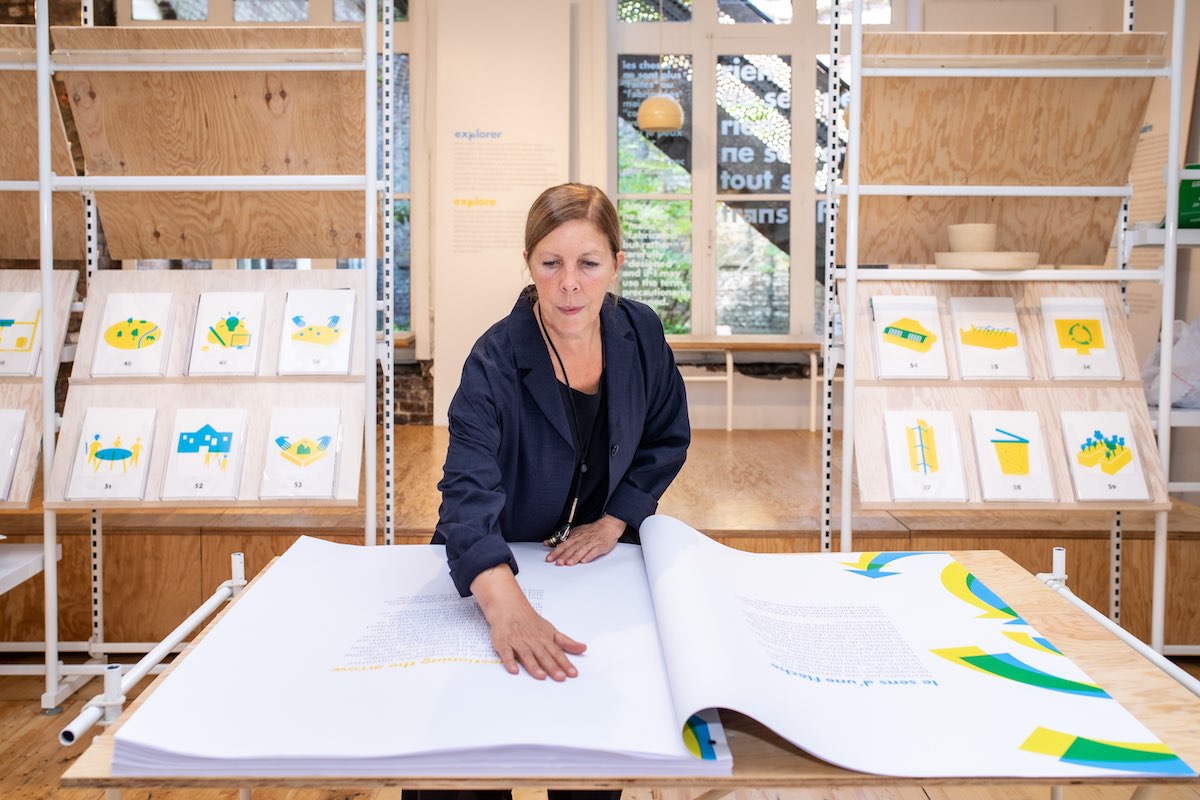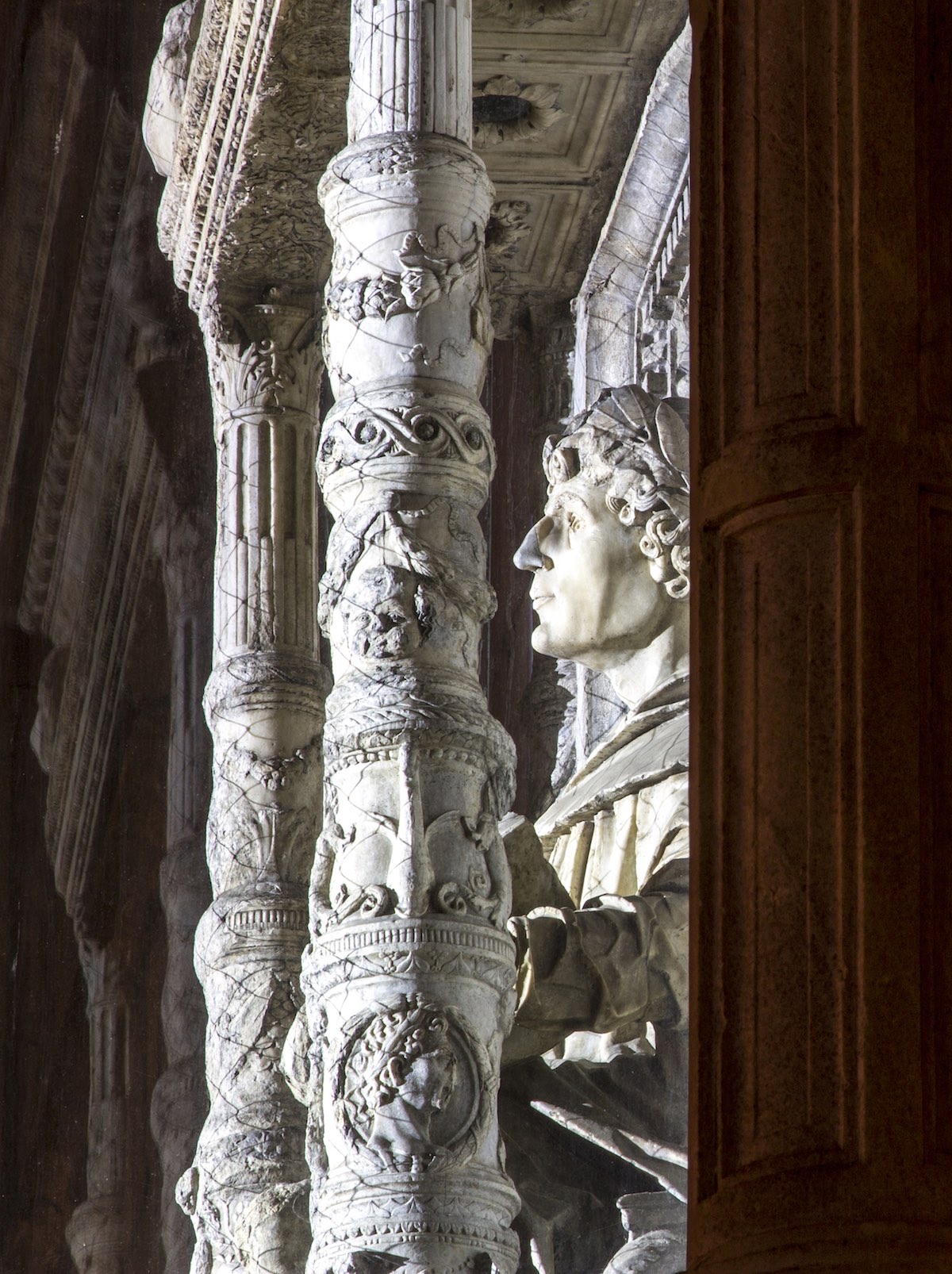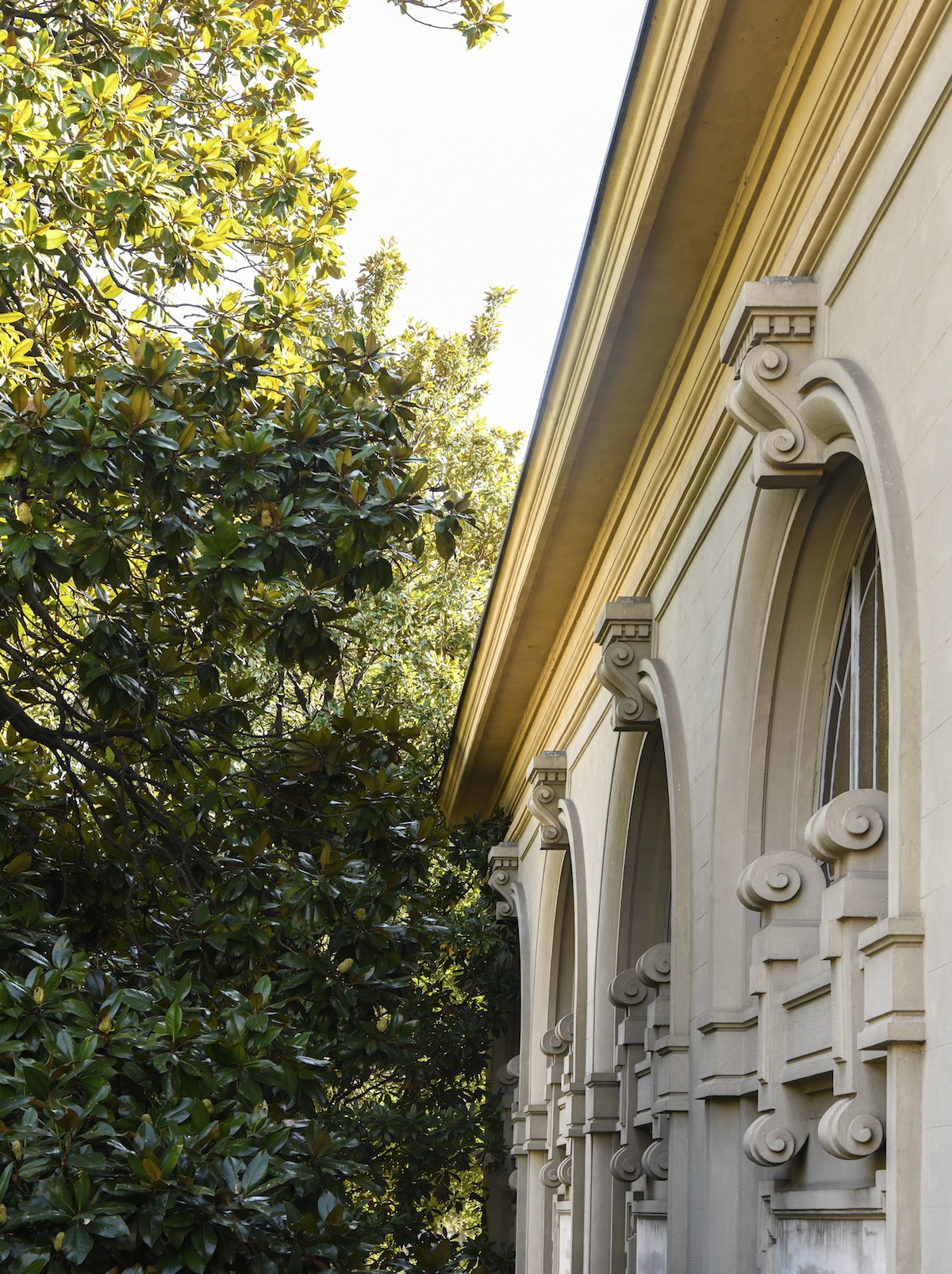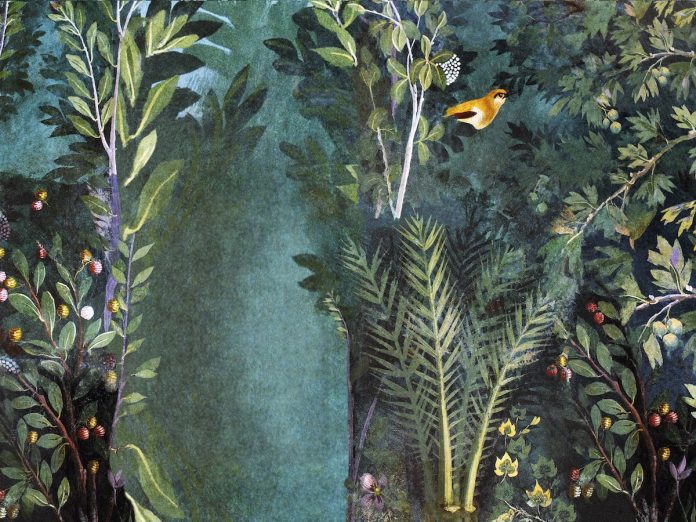The Lake Como Design Festival – an annual appointment organized with the aim of creating a dialogue between history, architecture, design and art – has announced the title and the dates for its 5th edition: Naturalis Historia, from 16 to 24 September. The theme is a tribute to Pliny the Elder, honored by Como to mark the bimillennial of his birth (in this city, in 23 AD). But it also pays homage to a profound, multifaceted and fascinating model of culture. Capable of existing over time.

The theme is also addressed by the Contemporary Design Selection (coordinated by Giovanna Massoni), thanks to an open call activated until 31 March and aimed at independent designers, artists, producers of editions and galleries. Once again at this iteration, all the works presented by the exhibitors will be sold at an online auction organized as an exclusive by Catawiki.

Naturalis Historia is the title of the only work by Pliny the Elder that has survived fully intact until today. In the 37 volumes of the work, Pliny expresses his eclectic and curious character, through a monumental treatise that ranged through geography and anthropology, zoology and botany, by way of medicine, mineralogy, metalworking and the history of art.


“What I feel creates a surprising bond between Pliny and the new design is not only his insatiable curiosity,” says Giovanna Massoni. “In the wide embrace of Naturalis Historia, Pliny suggests an interesting overview of production in close correlation to the system of living things. The objects we present in this edition will contribute to create an anthology of narratives regarding the transition towards a world of change: in a state of becoming, imperfect, fragile. Where design – no longer a discipline of anthropocentric solutions – creates experimentation and speaks to us about how to know, evoke, repair and take care of our ecosystem.”







